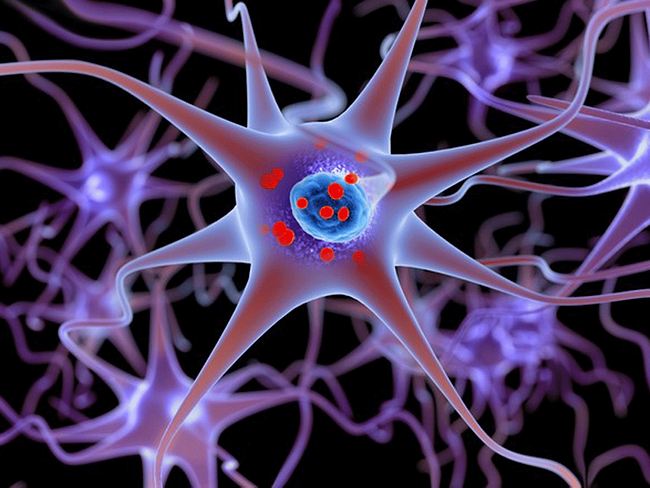
Articles Tagged with ''Parkinson’s disease''
Neurology/Psychiatric
Shandong Luye Pharmaceutical presents new compounds for Parkinson’s disease
Read MoreNeurology/Psychiatric
Novel mPGES-1 inhibitor demonstrates neuroprotective effects in models of PD
Read MoreNeurology/Psychiatric





